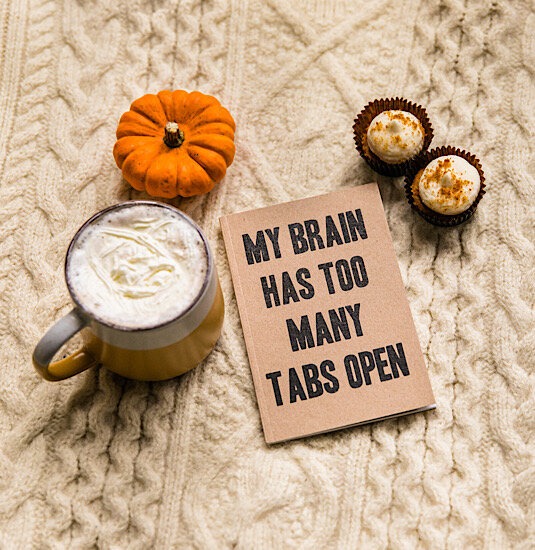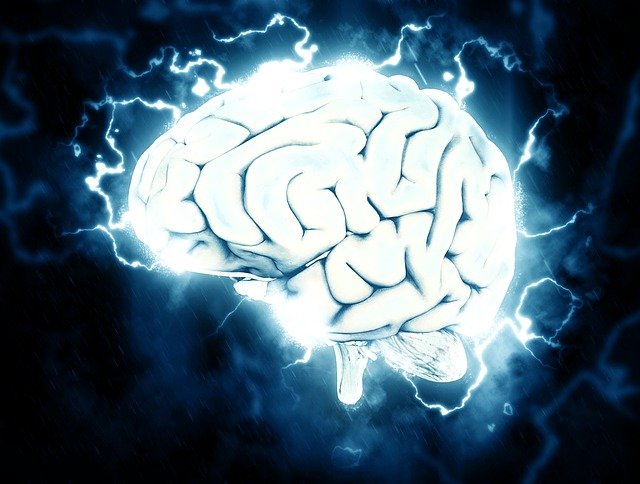Does it sometimes feel like your brain is carrying too much – like you have a bulky pile of to-do lists in your head, yet can’t seem to clearly work on the tasks? Or perhaps it feels like your brain is a chaotic mass of thoughts you ought to think through and tasks you should be executing. That’s probably brain overload. In this article, we discuss what brain overload is, how it happens and how it affects productivity.
What Is Brain Overload?
Brain overload, also known as information overload, is when the brain gets filled with too much information and tasks than it can productively handle. When a persion experiences brain overload, they tend to feel overwhelmed by the tasks at hand and find themselves being easily irritated and distracted while handling decisions impulsively.

Edward Hallowell, a psychiatrist who specializes in Attention Deficit Hyperactivity Disorder (ADHD), explained that brain overload causes the symptoms of ADHD but is caused by an artificial condition known as Attention Deficit Trait (ADT).
He said, “You start to resemble someone with actual attention deficit disorder: distractibility, impulsivity, impatience, restlessness, irritability. In an attempt to get everything done, you become less and less efficient … “
How Does Brain Overload Happen?
Suppose you are studying while watching a short Youtube video when an email notification pops up. It’s your client asking you to make some changes to a project you’ve been working on. The changes seem mentally tasking, but before you decide what time you should begin making the changes, a call from your friend comes in. They’re in distress and need you to advise them. Before you give it a deep thought, an urgent email arrives; your boss is asking you to work on a tight deadline project. Along with all this, you have to keep in mind the conflict you had with your partner in the morning.
You feel stressed and ask your friend roughly, “Can we talk about this later? You know I’m working, right?” You start fretting over pleasing your boss by saying yes while getting irritated by your reaction to your friend. You feel like your mind is shutting down. Like you’ve become tired – in the middle of the day.

That’s an illustration of how brain overload happens.
When you’re juggling too many thoughts than your brain can process at one time, brain overload occurs. Neuroscientist Daniel J. Levitin wrote in The Guardian that multitasking is the main reason why many are experiencing information overload.
Our indecision to prioritize and handle tasks individually makes it easy to be carried away by irrelevant social media notifications, addiction to fast emailing and text replying, as well as all kinds of small, unnecessary tasks which reward our brains with dopamine by providing an illusion that we’ve been productive just because we completed a bunch of tasks.
As we carry on with our lives in this manner every day, ADT starts settling in, making brain overload more frequent. This affects our daily productivity immensely.
How Brain Overload Affects Productivity

Some people with overloaded brains think they’re being productive given that they’re handling many tasks. However, they’re merely working their brains hard yet being unproductive. So what effect does information overload have on productivity?
Provokes Distraction
When the brain is overloaded, you lose concentration. While in an indecisive state, any other information or task that comes along can easily shift you away from what you’re doing. Since you’re also stressed, you’ll naturally seek distractions to avoid focusing on solutions.
Leads to Cognitive Losses
When Angelika Dimoka, Temple University’s director of the Center for Decision Making, measured brain activity, she realized that information excess brings cognitive decline. When the brain is subjected to numerous options, it uses up the processing resources. This reacts the same way as rigorous exercise, using up the nutrients required, and the body starts to shut down. When cognitive power declines significantly, there will be more errors, bad decisions, and an overall reduction in productivity.
Hurts Health and Well-being

You’re often productive when you’re healthy physically and mentally. However, brain overload increases stress, so that when prolonged, it can lead to serious productivity destructors like anxiety and depression. Brain oberload affects sleep as well by keeping people up at night – hence, ruining productivity.
In a nutshell, brain overload is a disaster to your productivity in multiple complex ways. That’s why you should stop multitasking and learn to deal with issues by priority and with your undivided attention.
Have you ever experienced brain overload? What did you do? Let’s engage in the comments section.

